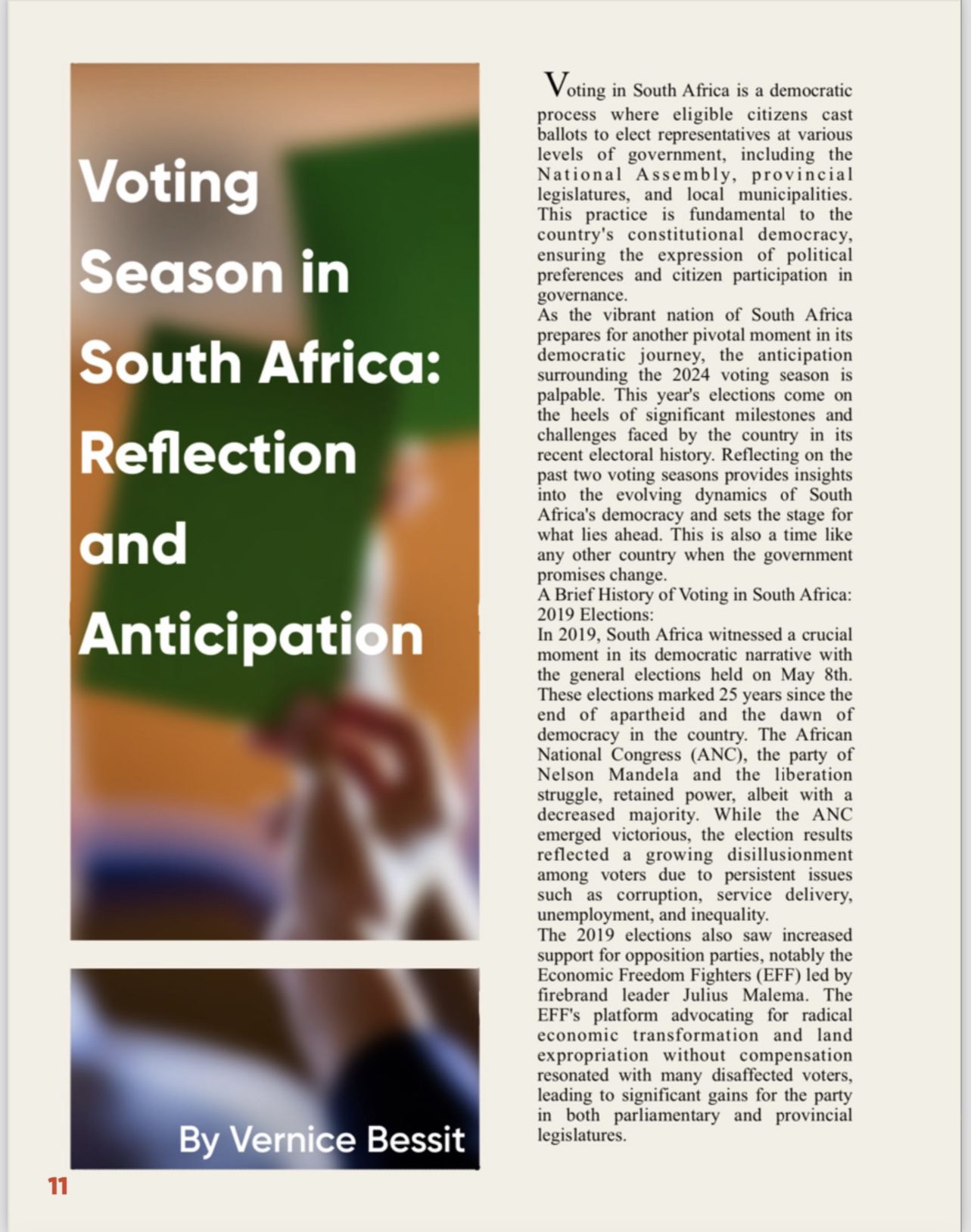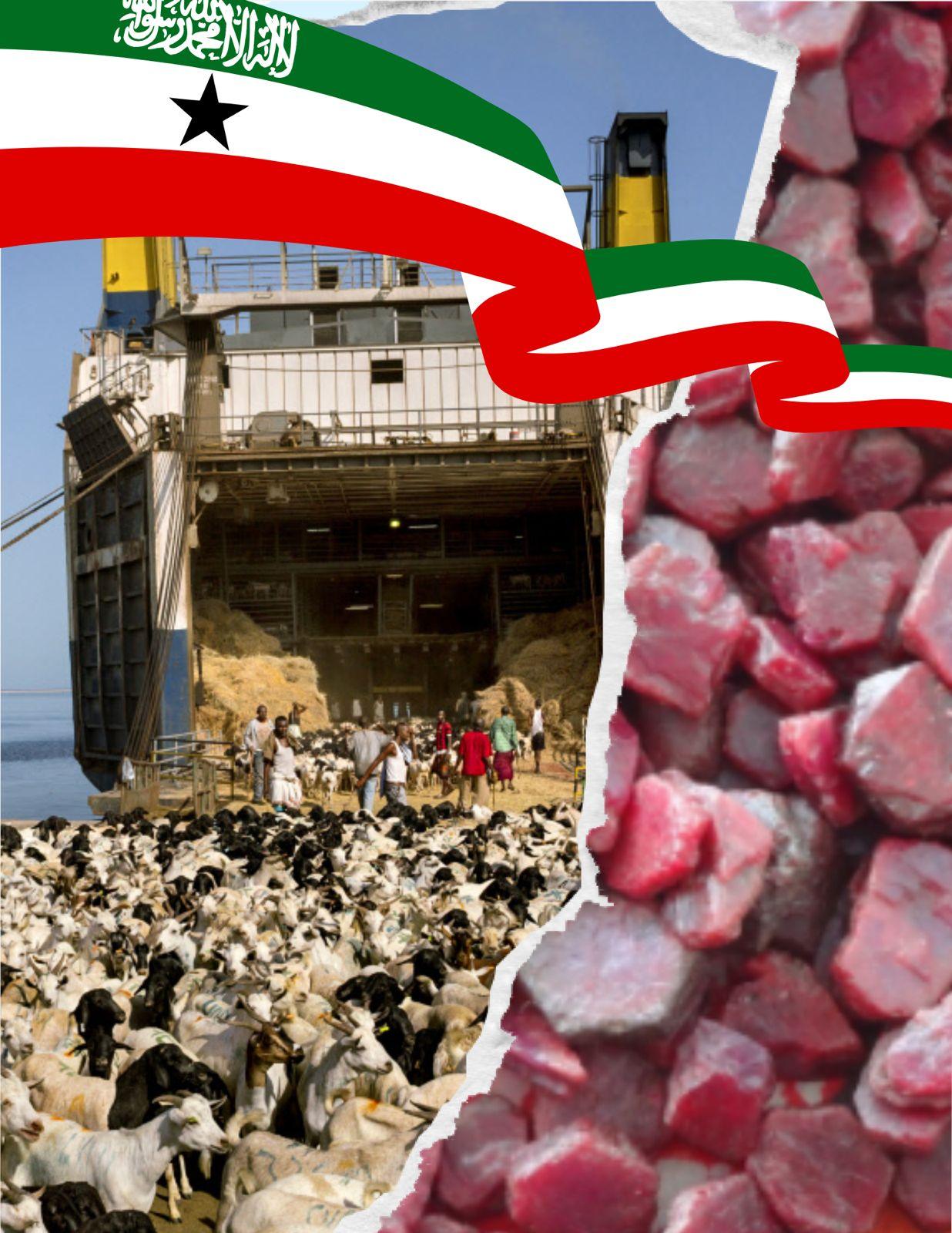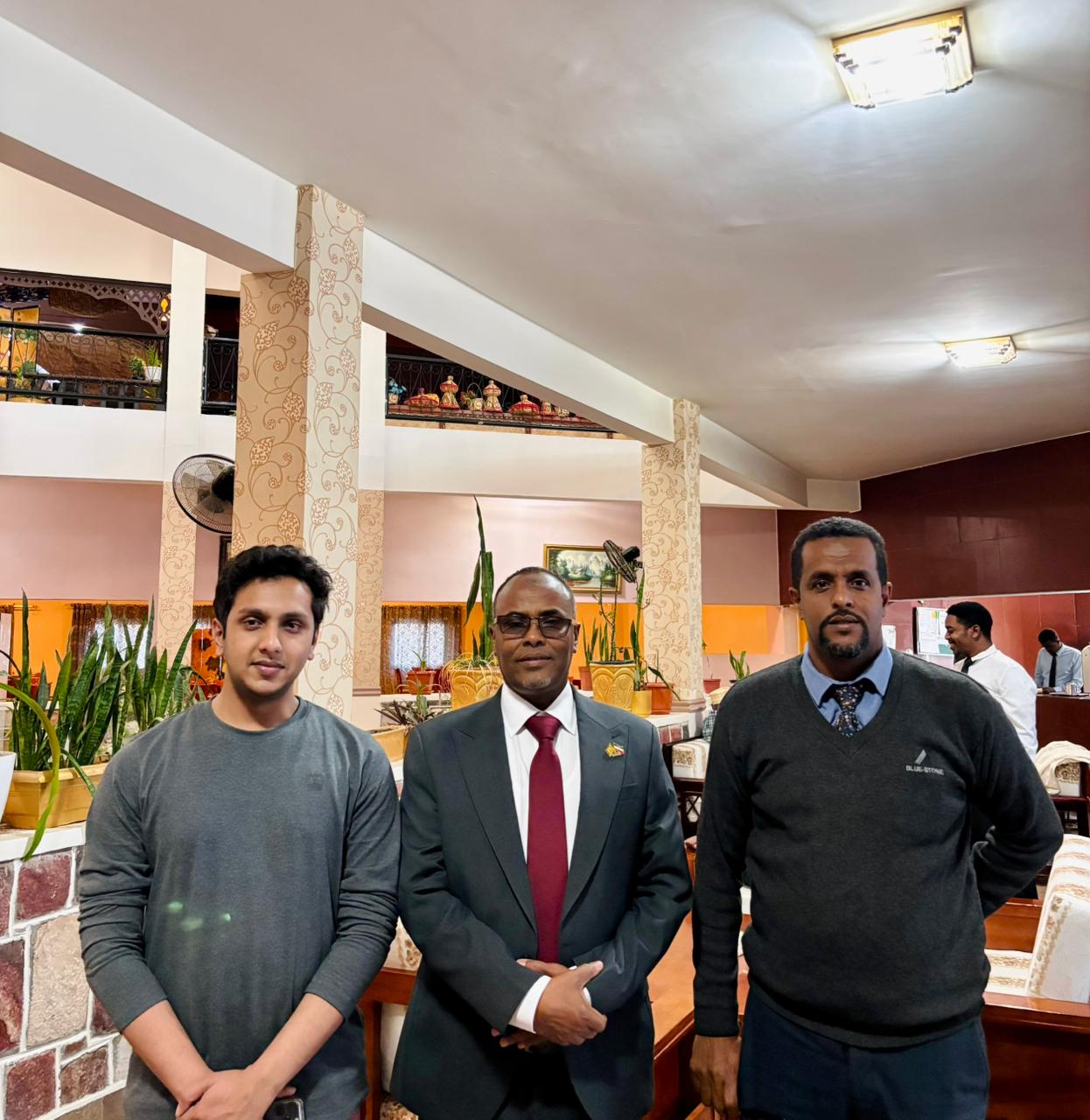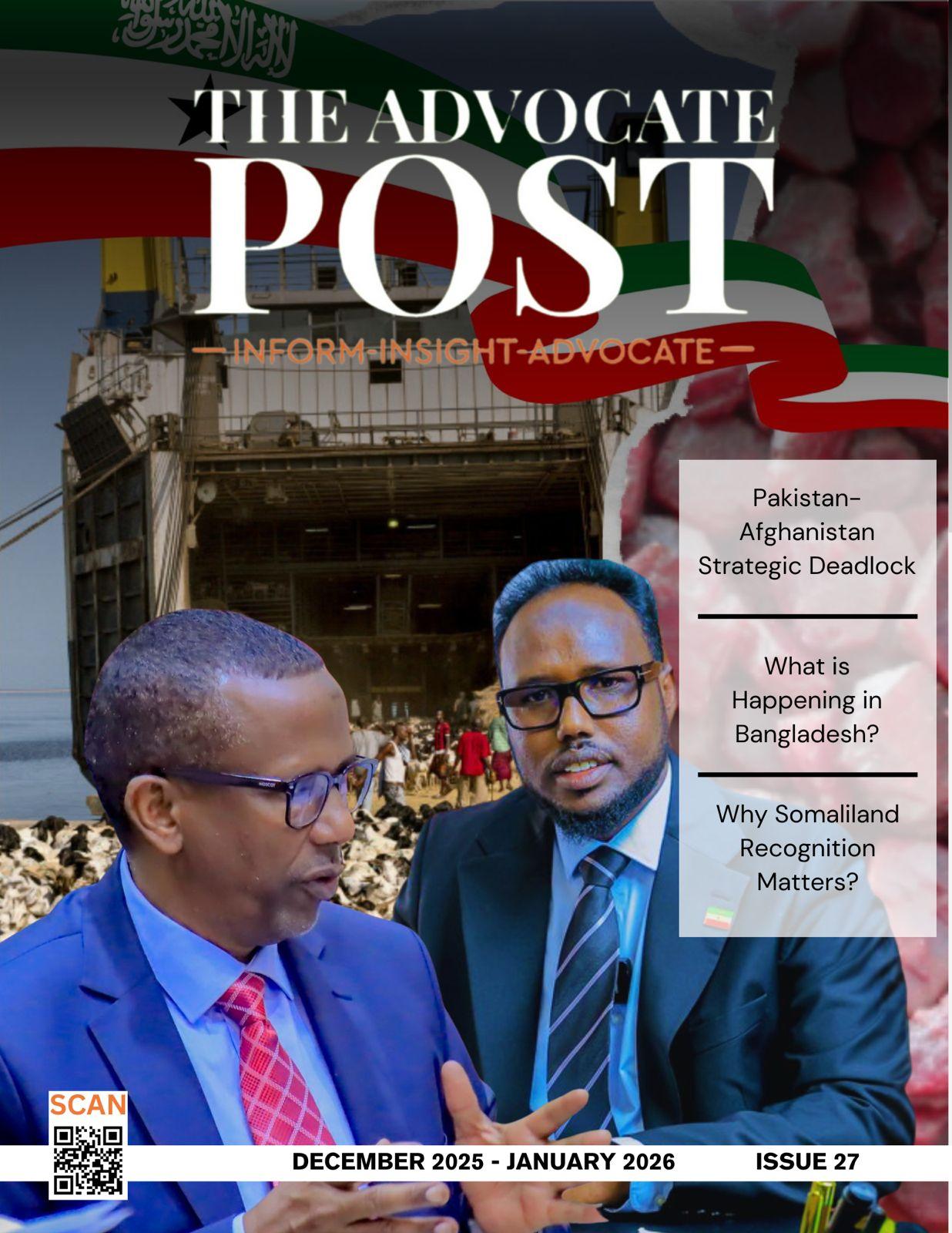By Vernice Bessit (South Africa)
Voting in South Africa is a democratic process where eligible citizens cast ballots to elect representatives at various levels of government, including the National Assembly, provincial legislatures, and local municipalities.
This practice is fundamental to the country’s constitutional democracy, ensuring the expression of political preferences and citizen participation in governance.
As the vibrant nation of South Africa prepares for another pivotal moment in its democratic journey, the anticipation surrounding the 2024 voting season is palpable. This year’s elections come on the heels of significant milestones and challenges faced by the country in its recent electoral history. Reflecting on the past two voting seasons provides insights into the evolving dynamics of South Africa’s democracy and sets the stage for what lies ahead. This is also a time like any other country when the government promises change.
A Brief History of Voting in South Africa:
2019 Elections: In 2019, South Africa witnessed a crucial moment in its democratic narrative with the general elections held on May 8th.
These elections marked 25 years since the end of apartheid and the dawn of democracy in the country. The African National Congress (ANC), the party of Nelson Mandela and the liberation struggle, retained power, albeit with a decreed marious, the cletion resus reflected a growing disillusionment among voters due to persistent issues such as corruption, service delivery, unemployment, and inequality.
The 2019 elections also saw increased support for opposition parties, notably the Economic Freedom Fighters (EFF) led by firebrand leader Julius Malema. The EFF’s platform advocating for economic transformation and land expropriation without compensation resonated with many disaffected voters, leading to significant gains for the party in both parliamentary and provincial legislatures.
2021 Municipal Elections:
The municipal elections held in 2021 served as a crucial barometer of public sentiment at the local level.
These elections were characterized by intense competition among political parties vying for control over municipalities grappling with service delivery challenges, corruption allegations, and socioeconomic disparities.
The outcomes of the 2021 municipal elections showcased a shifting political landscape, with the ANC suffering significant losses in key urban areas, including Johannesburg, Pretoria, and Nelson Mandela Bay.
Opposition parties, particularly the Democratic Alliance (DA) and the EFF, made considerable gains, either securing outright majorities or forming coalition governments.
These results underscored the electorate’s growing frustration with the ruling party’s perceived inability to address the nation’s pressing issues effectively Anticipation for the 2024
Voting Season:
As the country prepares for the 2024 elections, a palpable atmosphere of anticipation and apprehension envelops the nation, reflecting the profound significance of this democratic exercise.
Amidst the anticipation lies the hope that the electoral process will serve as a mechanism for accountability, where citizens can exercise their right to hold political leaders responsible for their actions and decisions. However, this hope is tempered by apprehension, as many citizens grapple with concerns about the direction in which the country is heading.
The upcoming elections represent more than just a political event; they are a pivotal moment in South Africa’s history, offering citizens the opportunity to shape the trajectory of the nation for years to come.
The choices made at the ballot box will not only determine the composition of government but will also influence the course of economic development, social cohesion, and democratic governance. Thus, the 2024 elections are not merely a democratic ritual but a crucial juncture that will define the future of South Africa.
Several key themes are expected to dominate the discourse leading up to the 2024 elections:
1. Economic Recovery- With South Africa grappling with the aftermath of the COVID-19 pandemic and its economic repercussions, voters will scrutinize political parties’ plans for fostering inclusive economic growth, job creation, and poverty alleviation.
2. Corruption and Governance- The pervasive issue of corruption within the government and state institutions remains a top concern for voters. There will be heightened scrutiny of parties’ commitment to transparency, accountability, and ethical governance.
3. Service Delivery and Infrastructure- Addressing the longstanding challenges of inadequate service delivery, crumbling infrastructure, and access to basic amenities will be paramount for political parties seeking to secure voter support, particularly in municipalities.
4. Social Justice and Equity- Issues of social justice, including land reform, housing, healthcare, and education, will feature prominently in the electoral discourse as voters demand tangible progress in addressing historical injustices and advancing equality.
5. Youth Engagement- South Africa’s youthful demographic presents both an opportunity and a challenge for political parties.
Engaging young
voters and addressing their concerns, including unemployment, education, and political participation, will be crucial in securing electoral success.
In the run-up to the 2024 elections, political parties will intensify their campaigning efforts, mobilizing supporters, articulating their visions for the country, and seeking to win the hearts and minds of the electorate. Civil society organizations, the media, and citizens alke will play a vital role and informed decision-making throughout the electoral process.
As South Africans prepare to exercise their democratic right at the ballot box once again, the 2024 voting season stands as a testament to the resilience of the country’s democracy and the collective aspirations of its people for a brighter future. With the lessons learned from past elections serving as guiding principles, the nation marches forward, ready to shape its destiny through the power of democracy and civic engagement.





